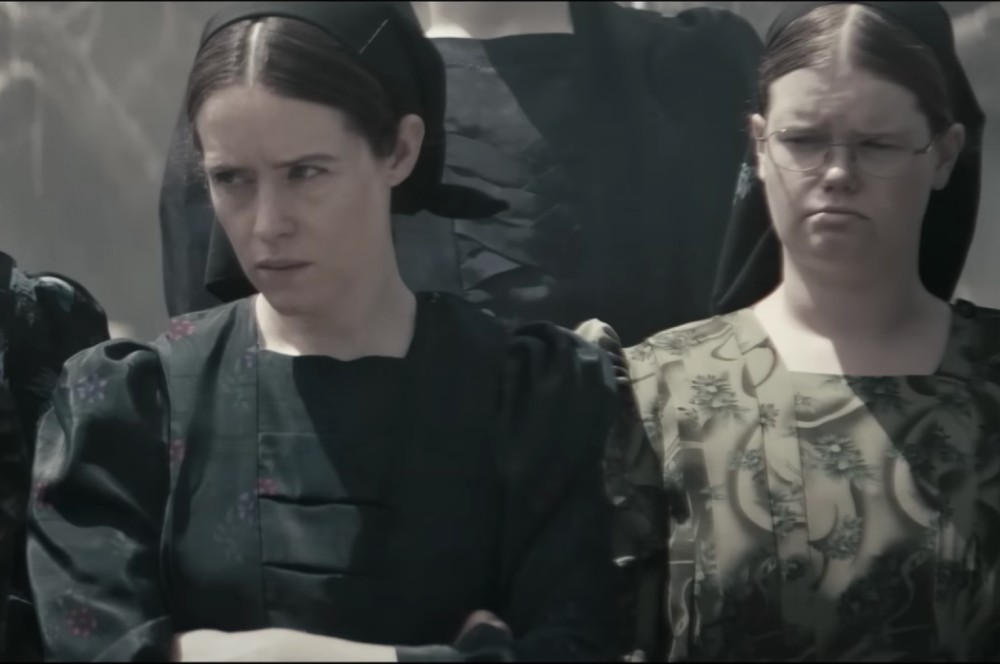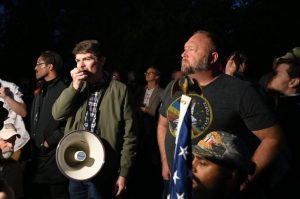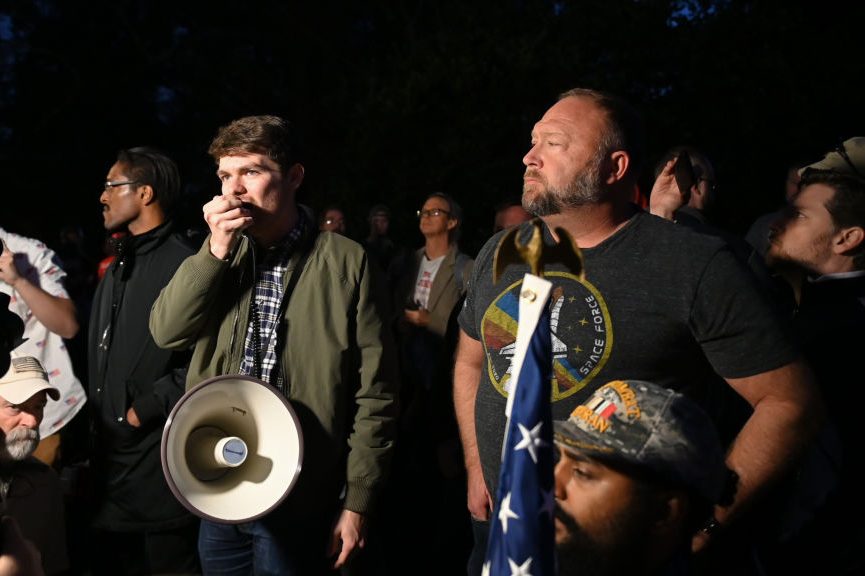Sarah Polley’s Women Talking begins with a genuinely bone-chilling premise. Within a remote Mennonite “colony,” the women find themselves awakening from drugged slumbers, bearing the marks of violent sexual assaults in the night — blood, bruises, and mysterious pregnancies. Who’s responsible?
Based on the promotional material, I expected this to be a story about secrecy and community. And that would be a very compelling story: women trapped in isolation form whisper networks among themselves, which finally reveal their common experience and allow them to bring their attackers to justice. Thematically, this would get at the intractability of human evil, even within “intentional communities,” and the harms of a subculture that treats bodies as shameful. All of it would make for a simultaneously tender and devastating film.
That is decidedly not the approach that Women Talking takes. And the film is far worse for it, turning a potentially searing meditation on sin and suffering into a story that can’t decide whether it wants to be a real drama or an extended metaphor.
Most of the main conflict — the drugging, the attacks, the discovery — happens in a five-minute prologue. The rapists are subsequently arrested, and the men of the colony all go to the city to bail them out of jail. That leaves the colony’s women to debate among themselves what to do: to forgive their abusers and go back to “normal,” to stay and fight, or to leave the colony. The bulk of the film thus plays out as a closed-room drama in the style of 12 Angry Men, as the women deliberate.
First, the good: Women Talking features gorgeous cinematography with an eerily washed-out color palette, a haunting score by Hildur Guðnadóttir, and committed performances from an ensemble cast featuring Rooney Mara, Claire Foy, Jessie Buckley, Ben Whishaw, and Frances McDormand.
But let’s get one thing out of the way: this is a fairly contrived narrative setup. Notwithstanding the film’s claim to be “inspired by true events,” as best I can tell the “bailout” plotline appears to be pure fiction. And purely as a matter of storytelling, it beggars belief that, virtually to a one, the colony’s men would see no real issue with the violent rapes of their wives and daughters and would largely take the attackers’ side.
The problem is exacerbated by a truly abysmal script, one that never misses an opportunity to turn its subtext into text. Despite the story’s unfolding within a Mennonite community, it’s obvious the filmmakers haven’t spent much time around people of faith because the dialogue is all off. Early on, one character proposes developing a “new religion… based on love” committed to sexual egalitarianism and women’s education. Nobody raised in a conservative religious community would float ideas like that without a lot of groundwork being laid. (Nor would they speak of “religion” as something that could be taken on or off like a coat.)
This conversation soon segues into a lengthy discussion about how the rapists themselves are victims of a power structure set up by the community’s elders. All very Foucauldian — and all utterly implausible as insights coming from people who have supposedly never seen maps of the world. Exchanges like this have all the subtlety of a baseball bat to the face.
This issue is so pervasive that, about halfway through the movie, I stopped trying to watch it as a character drama and tried to think of it as a kind of parable, an extended metaphor for the condition of women under patriarchy. The bones are all there: an oppressive and male-centric religious system, a refusal to take women’s experiences seriously, the mistreatment of the film’s disabled and gender-nonconforming characters, and so on. But the messaging is so bludgeoning and overpowering that it defeats the purpose of telling the story in cinematic fashion: I’d rather just read Audré Lorde. If the goal is to tell a parable, M. Night Shyamalan’s The Village explored similar themes all the way back in 2004, and did it far better.
In short, for a movie entitled Women Talking, I wish it had featured more women talking — more fully realized characters, with hopes and dreams and histories. That’s the kind of storytelling that really lingers.





















